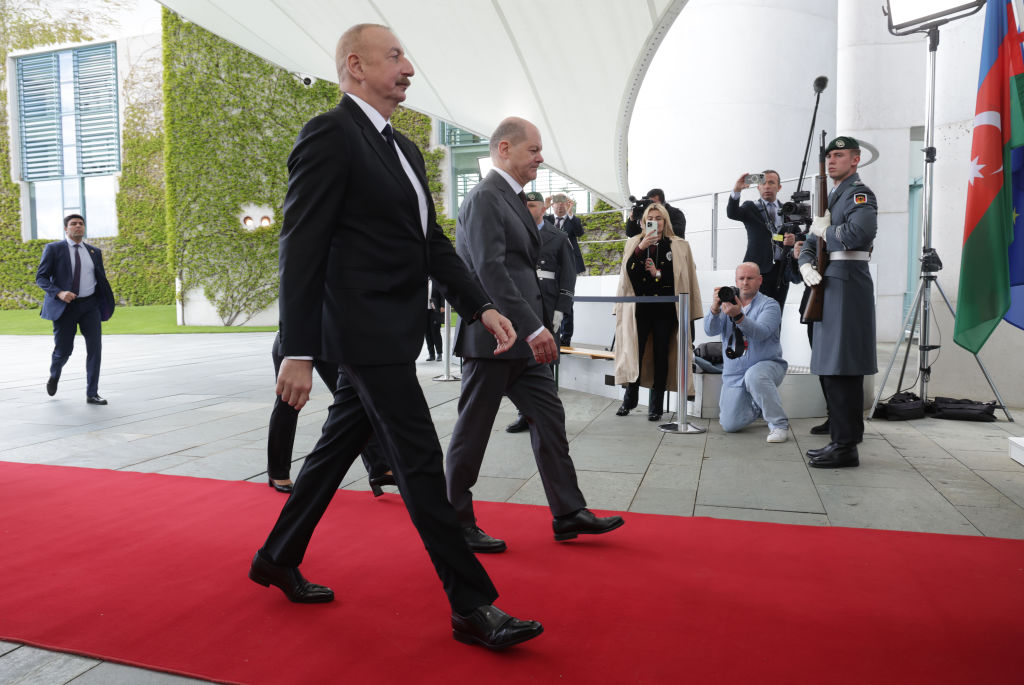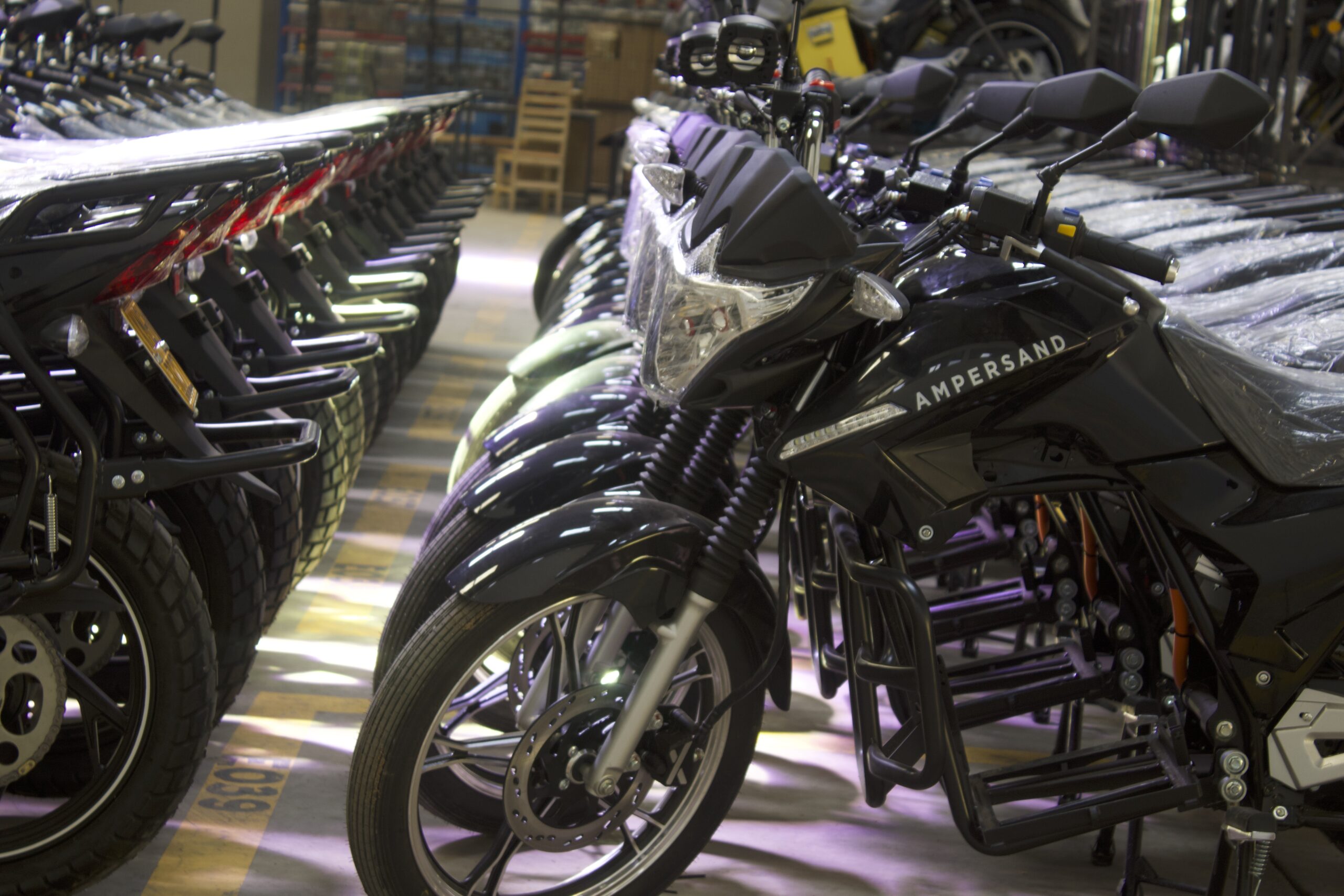
Azerbaijan, host of this year’s COP29 climate summit, will continue to invest in increasing gas production in order to feed demand from Europe as its president said that its abundant fossil fuels were a “gift of the gods.”
President Ilham Aliyev said at the Petersberg Climate Dialogue in Berlin that oil and gas would be needed for “many more years” as the country prepares to host the 29th United Nations’ Conference of the Parties, or COP29, in Baku later this year. He highlighted an agreement reached with the European Union to scale up supplies of natural gas to help make up for Russian shortfalls after its invasion of Ukraine.
While Aliyev touted Azerbaijan’s climate credentials, including plans to have 2 gigawatts of green energy capacity online by 2027 that will help displace gas from the power system, his comments on the continuing need for fossil fuel investment come just months after the world agreed to transition away from dirtier energy sources at COP28 in Dubai.
“As the head of the country which is rich with fossil fuels, of course we will defend the right of these countries to continue investments and continue production, because the world needs it,” he said in a speech Friday morning. “Having oil and gas deposits is not our fault. It’s a gift of the gods.”
Aliyev said that half of the country’s natural gas exports was going to Europe and the country would provide 20 billion cubic meters of gas to the region by 2027. The comments contrast with those earlier this week that the EU was unwilling to finance new projects and was yet to give a guarantee it will continue buying its gas in the future. That adds to doubts over whether the country will be able to deliver a doubling of exports to the bloc.
Still, Aliyev’s remarks drive to the heart of one of the key tensions in the run-up to COP29 — how to deliver on commitments to move away from fossil fuels, when regions like Europe are hunting for diversified supplies. Countries are aiming this year to come up with a new collective goal to scale up climate finance for the poorest countries to help assist in that transition.
“We left Dubai with an agreement to follow the science, and accelerate the transition away from fossil fuels this decade in line with limiting warming to 1.5 degrees,” said Tina Stege, climate envoy for the Marshall Islands. “That means no expansion of oil and gas and a sharp reduction in demand. If countries agree one thing at COP and then go home and implement the opposite, what trust can we have?”
Share This:
Next Article




